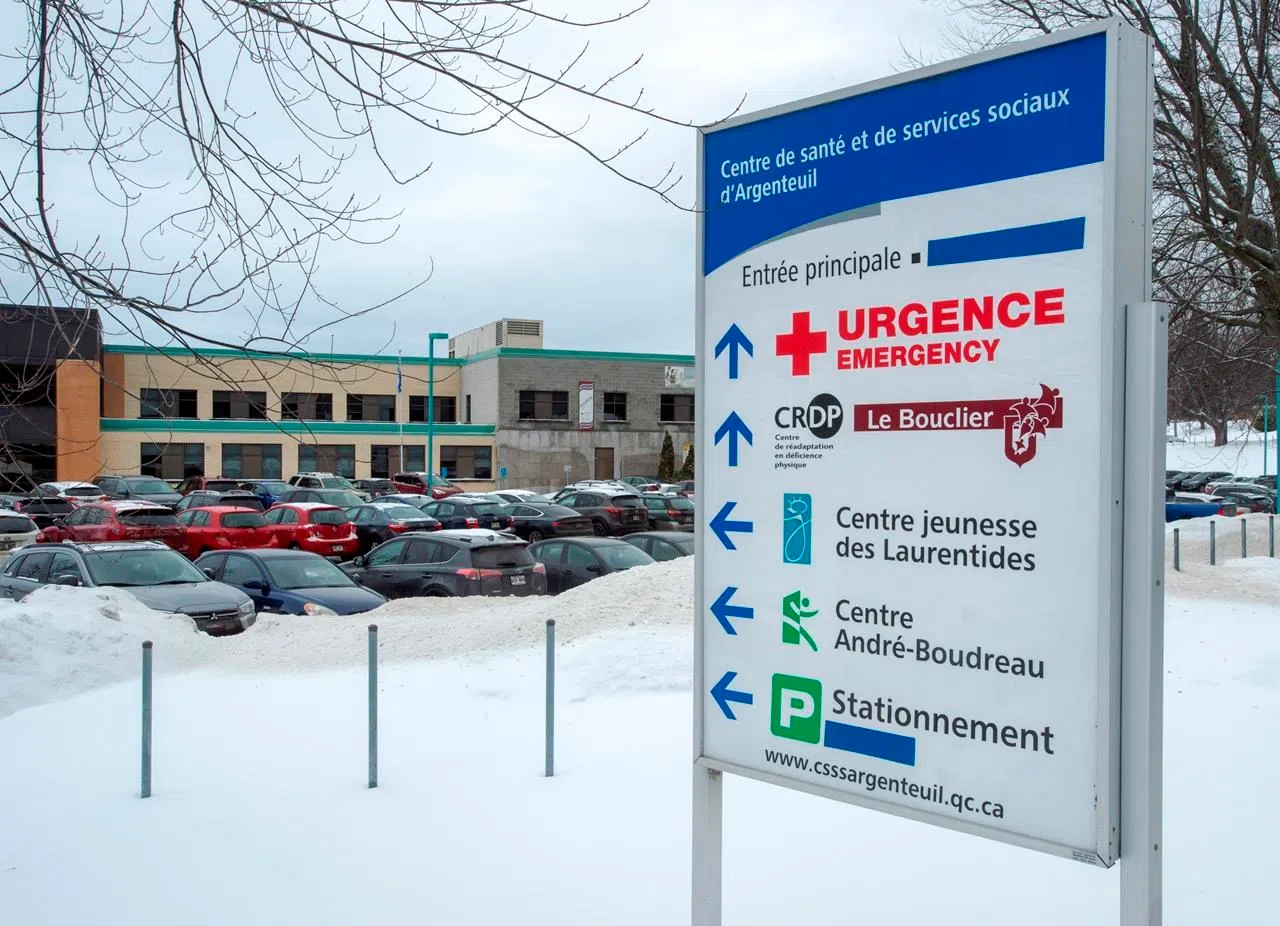
‘Emergency’ sign must go, language watchdog tells Quebec hospital
MONTREAL — An edict from Quebec’s language watchdog that a hospital northwest of Montreal must remove English from its bilingual signage has angered municipal officials.
The Office quebecois de la langue francaise, which enforces the province’s French language charter, recently contacted the hospital in Lachute, Que. and told it take down English signs inside and outside the facility.
Scott Pearce, the mayor of nearby Gore, said the language watchdog is needlessly stirring up trouble in a community that prides itself on not having any language strife.
“A lot of Quebec could learn from our region. We don’t have these language debates. We get along great. We love each other, we do things together, we work together,” Pearce said Wednesday. “Maybe that problem exists elsewhere, but it doesn’t exist here, so don’t bring your problems here is how we look at it.”


